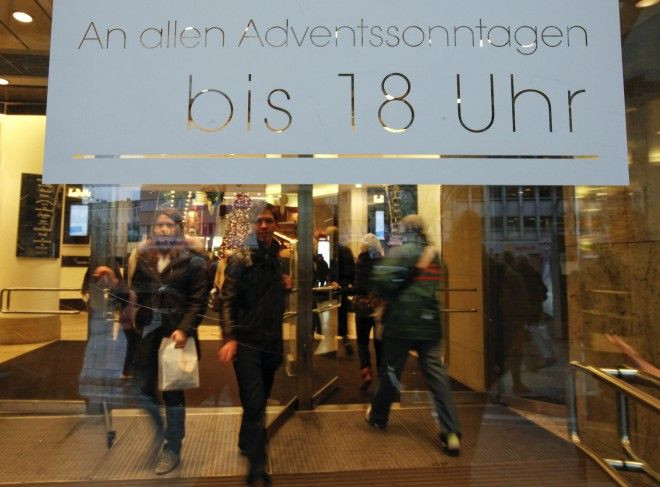Germany continues to see good climate for business: Ifo Survey

Business sentiment in Germany continued to improve for the third straight month in December, helped by better conditions in retailing and wholesaling, according to the Ifo Business Survey.
The business climate indicator rose to 109.9 in December, while the expectations indicator touched a high of 106.9 during the month.
In the course of the entire year 2010, the business climate index has risen sharply. Following an increase in exports, especially investments have been responsible for the upswing, and the outlook is now even good for consumption, the survey report said.
At this level, the Ifo points to very strong annual GDP growth of around 6 percent - far better than the third quarter's 3.9 percent, implying that the recovery has further to run, Ben May, an economist at Capital Economics, said in a note.
Retailers are more optimistic about the next six months than they were in November, while the wholesalers have appraised their business situation as still very positive though not quite as excellent as in the previous month, the report said.
Domestic demand will increasingly contribute to GDP growth, though exports should also remain solid due to the current competitiveness of Germany's manufacturing firms, Timo Klein, an economist at IHS Global Insight, said in a note.
However, the manufacturing and construction businesses are not as positive.
Construction firms gave a less favorable assessment of the business situation, Hans-Werner Sinn, the president of the Ifo Institute for Economic Research at the University of Munich, said in a statement. The business climate index worsened to hit negative 15.7, from negative 14.8 in November.
A slight decline in the business expectations for manufacturing led to the index falling to 23.7 during the month, from 25.2 in November.
Fortunately for the outlook, the dip was exclusively caused by a large drop in the assessment of current conditions that can easily be attributed to the early start to a harsh winter, hiding a significant improvement in expectations, Klein said.
The business situation in manufacturing is just as good as in November as stronger stimulus is expected from exports, and the firms are planning to hire additional staff, the report added.
While the sharp rise in the retail index offset the declines in manufacturing and boosted hopes that a consumer recovery is on the way, a sustained and robust consumer revival may still be too much to hope for as the fiscal tightening starts next year, May said.
However, IHS's Klein believes that the latest Ifo data has removed any lingering doubts about the ability of the German economy to stay strong in the face of downward influences from a weakening global economy, particularly from the problems in several Eurozone countries for which financial markets are having doubts about their solvency.
© Copyright IBTimes 2025. All rights reserved.





















